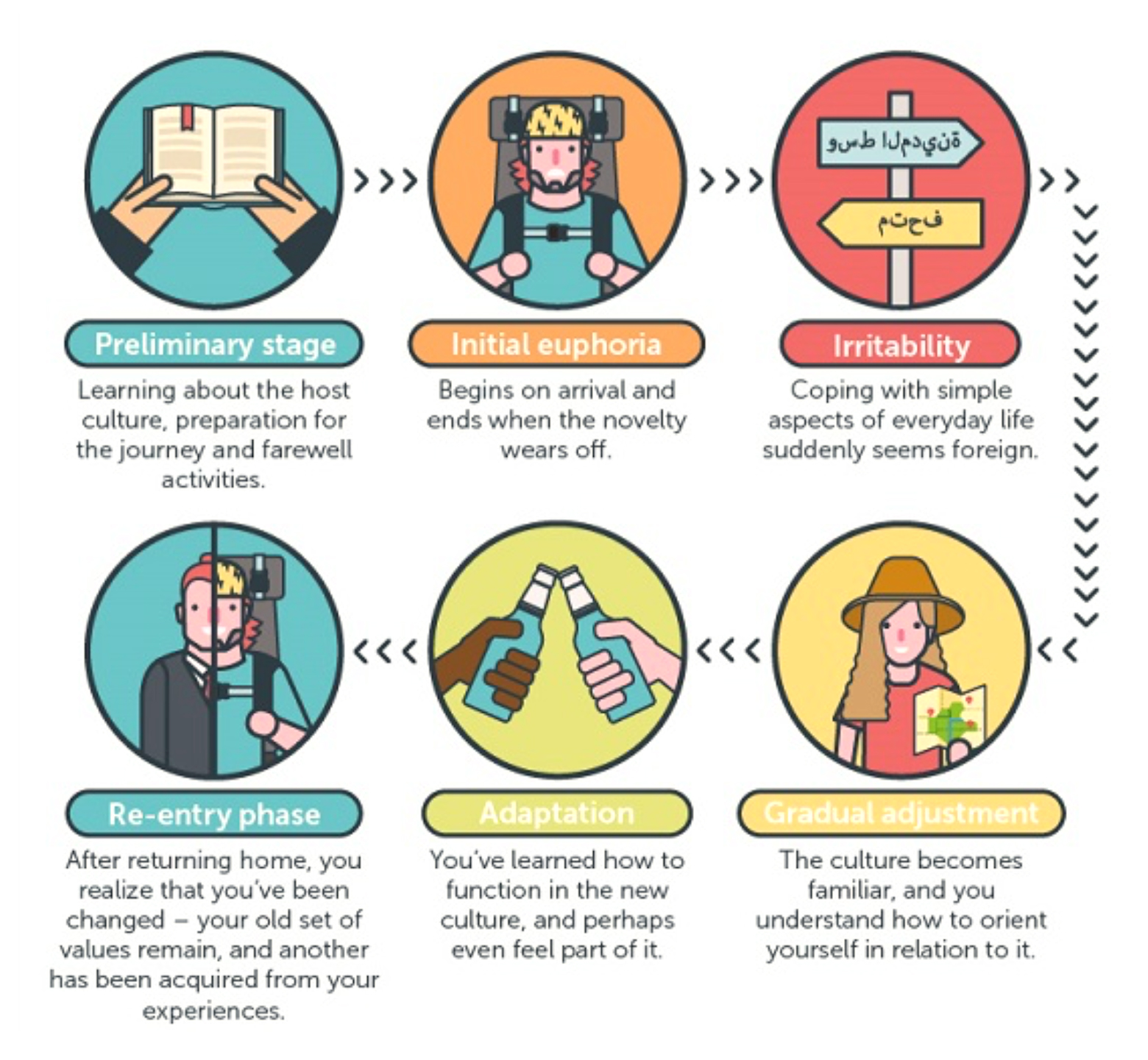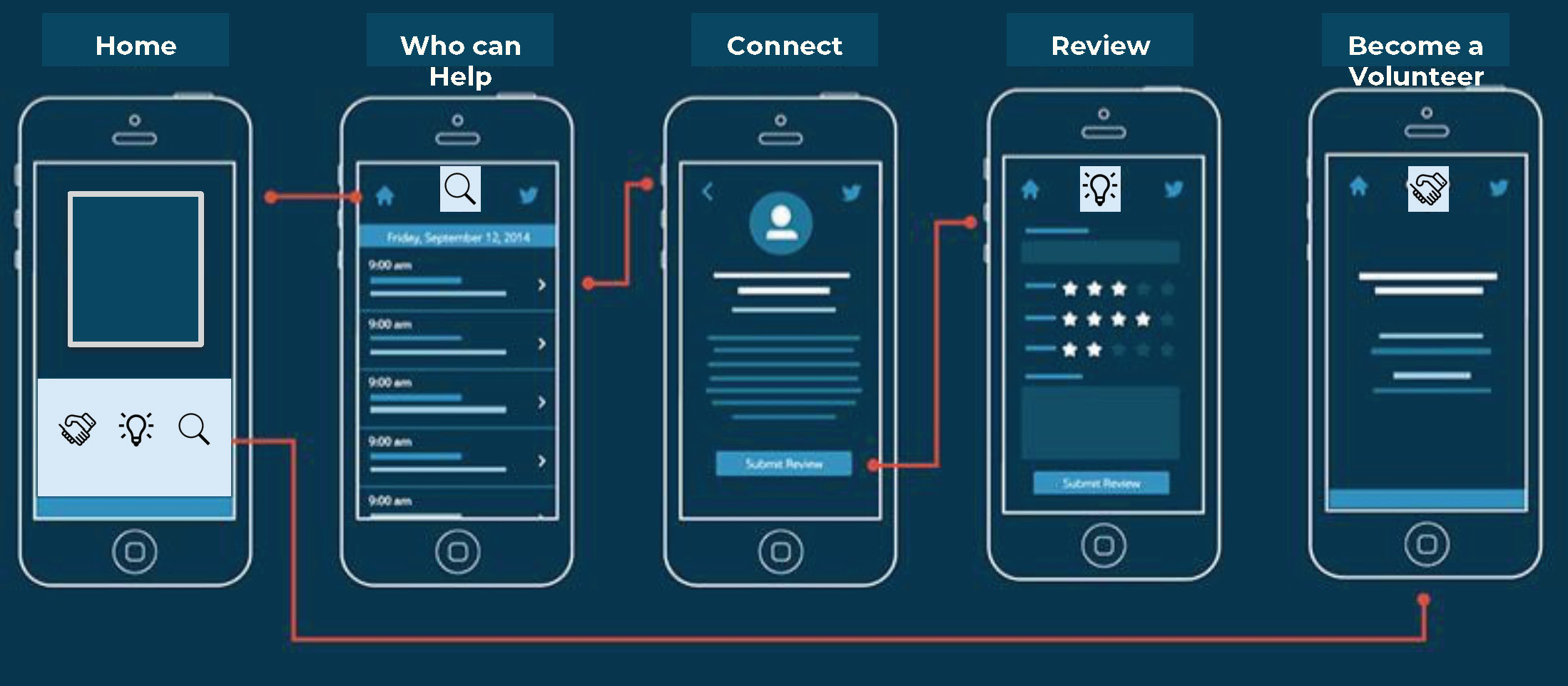︎ Study Companion
An intervention enabling elderly to access reliable resources and allowing them to safely communicate with others for emotional support during the transitional period and moving abroad.
By Wenjing (Jane) Cen ︎

Moving to a new country can be exhilarating and scary at the same time. While it’s applicable for people at a younger age to adapt to cultural differences with regular practice and given normal circumstances, such adjustment had shown significant difficulties for people at older ages. The elderly may never realize how strongly they are tied to the culture of their native country until they move abroad and are faced with culture and language barriers that are remarkably different from their own.
In this design research, I will be examining the psychological impacts elderly experience when moving to a new culture. The design aims to answer the question of why the balance between needed and received support is crucial to the older generation in acquiring emotional well-being in the situation of migration.

Culture Shock / Photo retrieved from Infographic Journal, image via Work the World
Based on the tendency of how seniors behave under unfamiliar situations, elderly people are more likely to feel intimidated, causing them to choose to stay indoors most of the time in avoiding stressful quandary. As a way to resolve that, the app serves as a virtual informational center, as well as mobile mental motivation for the older generation to gradually accept and acclimate to a new environment.
How the App’s main features work:
- The App consolidates local information and resources that are available to the elderly based on users’ set locations.
- A connection can be made with registered volunteers, who understand local languages, provide online support for users in difficult situations, or nearby physical supporting cohorts in a group of two or more to learn new things and to confront daily obstacles.
- You may register as an online volunteer to help out other people in need. For the extra layer of security, after finishing each use of the connection function, a review feature will be shown on the system for users to rate their chosen partners.

App Interface / 2020
Design to Outcomes
The design intervention will fall between both information and product on the continuum. The proposed App helps older generations to have a smoother cultural transition in resettlement by providing reliable resources that allow the elderly to safely and effectively reach out for social support while presenting the opportunity for them to give back to the community. By using an App as a platform, it achieves the effects of instant information distribution, as well as increases the simultaneous accessibility to broader demography anywhere worldwide.
︎
Works Cited
“Culture Shock.” Merriam-Webster. Merriam-Webster. Accessed April 20, 2020. https://www.merriam-webster.com/dictionary/culture shock.
Maginnis, Cathy, and Judith Anderson. “A Discussion of Nursing Students’ Experiences of Culture Shock during an International Clinical Placement and the Clinical Facilitators’ Role.” Contemporary Nurse 53, no. 3 (2017): 348–54. https://doi.org/10.1080/10376178.2017.1353397.
Brack, Bruce La. “The Psychology of Culture Shock, 2nd Edition.” International Journal of Intercultural Relations 26, no. 5 (2002): 602–7. https://doi.org/10.1016/s0147- 1767(02)00037-8.
Sadarangani, Tina R., and Jin Jun. “Newly Arrived Elderly Immigrants.” Journal of Transcultural Nursing 26, no. 2 (2014): 110–17. https://doi.org/10.1177/1043659614549074.
Peters, R. “Ageing and the Brain.” Postgraduate Medical Journal 82, no. 964 (2006): 84–88. https://doi.org/10.1136/pgmj.2005.036665.
Sheldrick, Peg. "Culture Shock Elderly Minorities Face Difficulties of Old, New Cultures: [City Edition]." Lincoln Journal Star, Sep 21, 1999. https://proxy.lib.umich.edu/login?url=https://search-proquest-com.proxy.lib.umich.edu/docview/247835809?accountid=14667.
Lang, Frieder R., David L. Featherman, and John R. Nesselroade. “Social Self-Efficacy and Short-Term Variability in Social Relationships: The MacArthur Successful Aging Studies.” Psychology and Aging 12, no. 4 (1997): 657–66. https://doi.org/10.1037/0882- 7974.12.4.657.
Wolff, Julia K., Florian Schmiedek, Annette Brose, and Ulman Lindenberger. “Physical and Emotional Well-Being and the Balance of Needed and Received Emotional Support: Age Differences in a Daily Diary Study.” Social Science & Medicine 91 (2013): 67–75. https://doi.org/10.1016/j.socscimed.2013.04.033.